How developed was Iran's nuclear program and what's left now?
Israel and the United States have said different things about Iran's capabilities

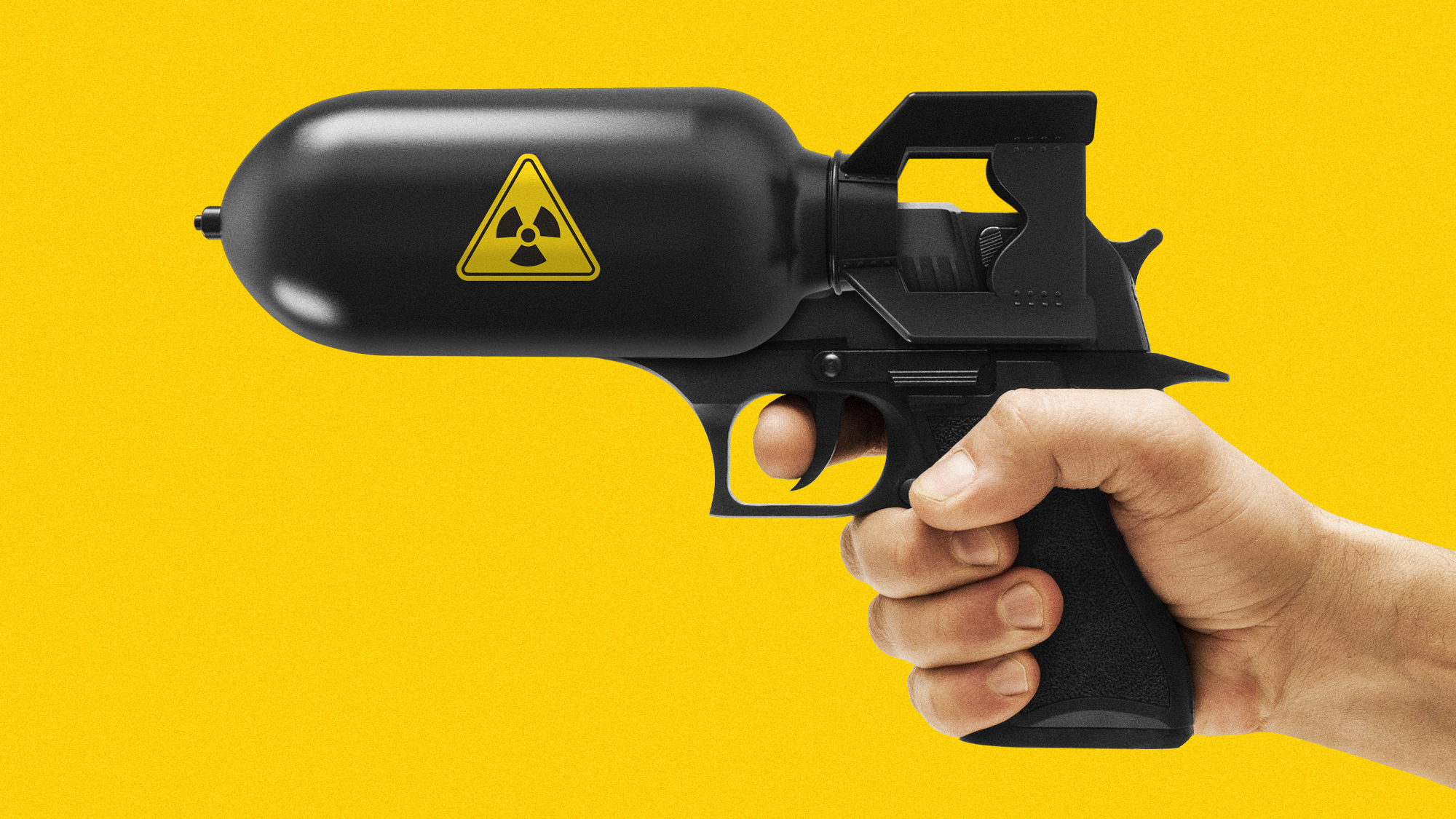
Before the U.S. joined Iran and Israel's open conflict over the weekend, Israeli intelligence seemed to be at odds with the United States over the true nature of Iran's nuclear capabilities. Israeli Prime Minister Benjamin Netanyahu has been arguing for decades that Iran is on the verge of creating (or already has created) a nuclear weapon, while the U.S. intelligence community has historically downplayed Iran's nuclear threats.
But the U.S. government's opinion on Iran's nuclear program appears to be changing under the second Trump administration, as President Donald Trump seems to be moving toward Netanyahu's stance after diverging from his own intelligence director and launching an attack on Iran's primary nuclear sites, Fordo and Natanz. But while Trump claims Iran's nuclear development has been badly diminished by these attacks, the real extent of the program remains unclear.
What did the commentators say?
Netanyahu initially "ordered the attack on Iran because he believed Tehran was 'marching very quickly' toward a bomb" with nuclear capabilities, but the U.S. intelligence community has "long had a somewhat different interpretation," said NPR. Iran halted its nuclear weapons development in 2003, according to official U.S. intelligence. As a result, international and U.S. intelligence assessments have generally concluded that Iran's nuclear program "isn't currently weaponized," said CNN.
The Week
Escape your echo chamber. Get the facts behind the news, plus analysis from multiple perspectives.

Sign up for The Week's Free Newsletters
From our morning news briefing to a weekly Good News Newsletter, get the best of The Week delivered directly to your inbox.
From our morning news briefing to a weekly Good News Newsletter, get the best of The Week delivered directly to your inbox.
This largely contradicts Israel's intelligence assessments, which "always tended to see new developments in Iran's nuclear program as movement toward a bomb that would directly threaten Israel," said NPR. Iran indeed has "spent decades developing its nuclear program and sees it as a source of national pride and sovereignty," said CNN. But it seems Trump has changed his mind on Iran, as he previously said his "director of national intelligence was 'wrong' when she testified that Iran was not building a nuclear weapon," said Al Jazeera.
Just how developed Iran's program is remains ambiguous. Iran has over 400 kilograms (900 pounds) of uranium enriched at 60%, according to the International Atomic Energy Commission. Most experts say creating a nuclear weapon requires uranium enriched at 90%. If Iran's uranium met this mark, the nation would have "enough material for about 10 nuclear weapons," said NPR.
What next?
As the debate over Iran's capabilities continues, the country remains "less than satisfactory" in several respects "regarding its nuclear cooperation," said the Council on Foreign Relations. With Israel and Iran continuing to bombard each other, the conflict doesn't appear to be slowing down.
While Netanyahu has always been clear on his stance about Iran, Trump has seemingly gone back and forth — until he decided to launch a series of strikes against Iran, making clear his agreement with Netanyahu. The attack targeted Iran's most heavily fortified nuclear site, Fordo, which is buried deep in a mountain and is shrouded in mystery, as well as another nuclear site, Natanz. Trump claimed that the use of American "bunker-busting bombs" on Fordo had "completely and totally obliterated" the site.
A free daily email with the biggest news stories of the day – and the best features from TheWeek.com
But it remains unclear if this is true; there is "little doubt that the sites Tehran has been using to produce highly enriched uranium" have "suffered severe damage" due to U.S. bombing, said the Financial Times. But the "critical question will be whether Iran's program has been destroyed, or simply pushed into smaller, secret facilities." A large portion of Iran's cache of 60% enriched uranium was reportedly being stored at the bombed sites. Whether or not this supply was moved ahead of the bombing has yet to be determined.
It "would be foolish if you said that the program was delayed by anything more than a few months," said Richard Nephew, a former U.S. official who worked in the Obama and Biden administrations, to the Times. But Iranian officials say they remain confident: It would have been "very naive to keep our enriched uranium in those sites. The enriched uranium is untouched now," a source in the Iranian regime said.
Justin Klawans has worked as a staff writer at The Week since 2022. He began his career covering local news before joining Newsweek as a breaking news reporter, where he wrote about politics, national and global affairs, business, crime, sports, film, television and other news. Justin has also freelanced for outlets including Collider and United Press International.
-
 A running list of the US government figures Donald Trump has pardoned
A running list of the US government figures Donald Trump has pardonedin depth Clearing the slate for his favorite elected officials
-
 Ski town strikers fight rising cost of living
Ski town strikers fight rising cost of livingThe Explainer Telluride is the latest ski resort experiencing an instructor strike
-
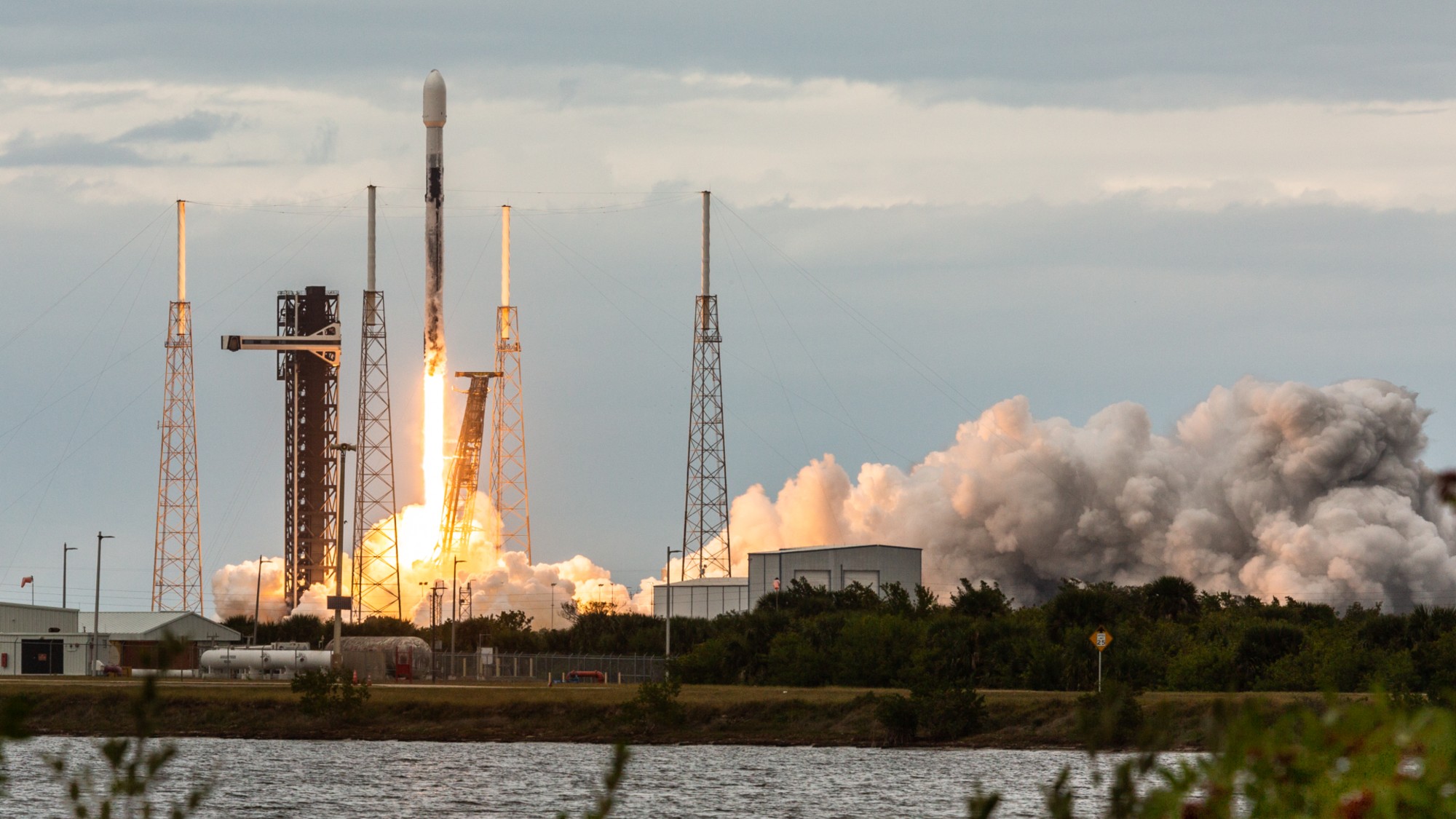 ‘Space is one of the few areas of bipartisan agreement in Washington’
‘Space is one of the few areas of bipartisan agreement in Washington’Instant Opinion Opinion, comment and editorials of the day
-
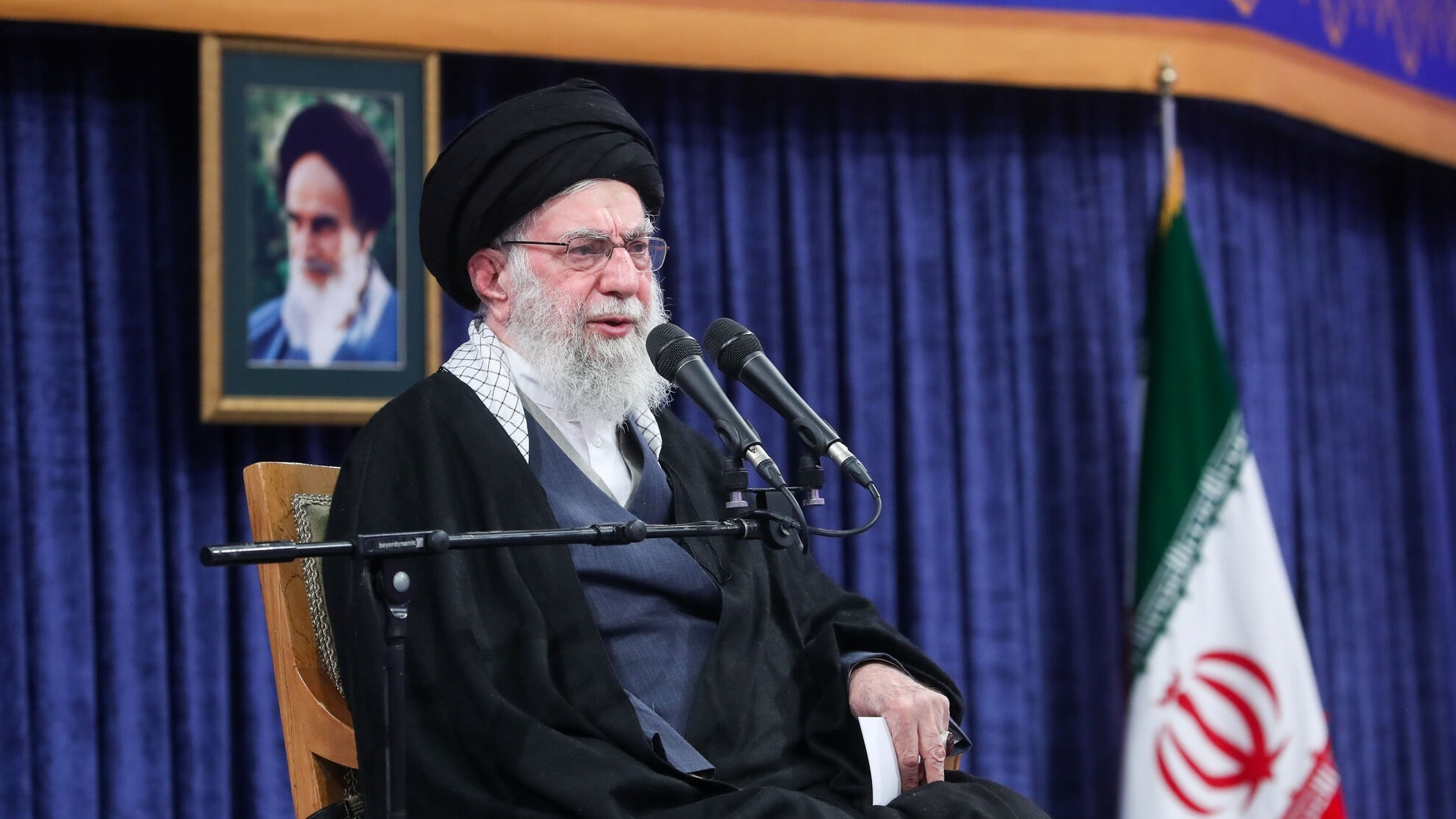 Iran’s government rocked by protests
Iran’s government rocked by protestsSpeed Read The death toll from protests sparked by the collapse of Iran’s currency has reached at least 19
-
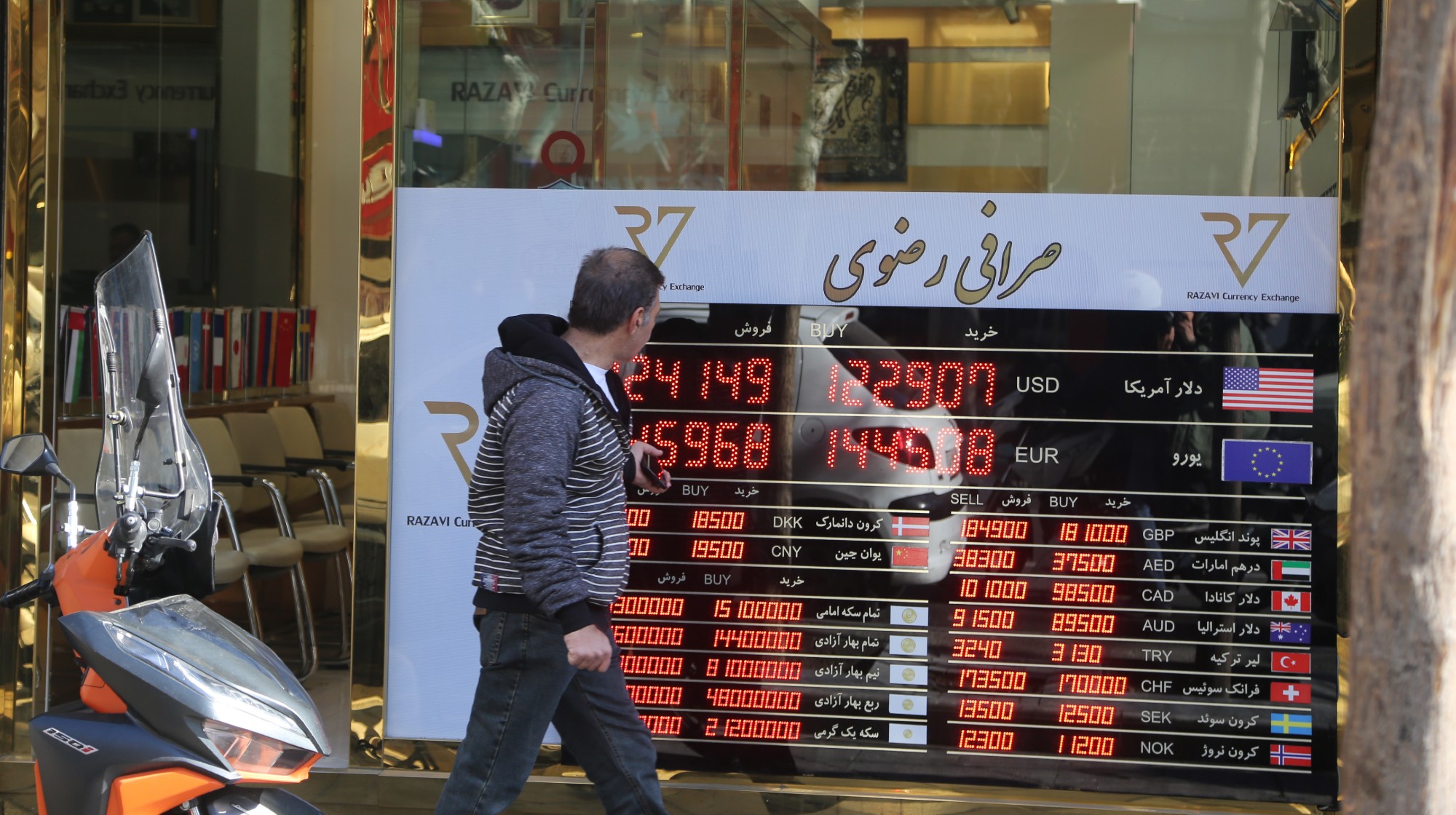 Why is Iran facing its biggest protests in years?
Why is Iran facing its biggest protests in years?TODAY’S BIG QUESTION Iranians are taking to the streets as a growing movement of civic unrest threatens a fragile stability
-
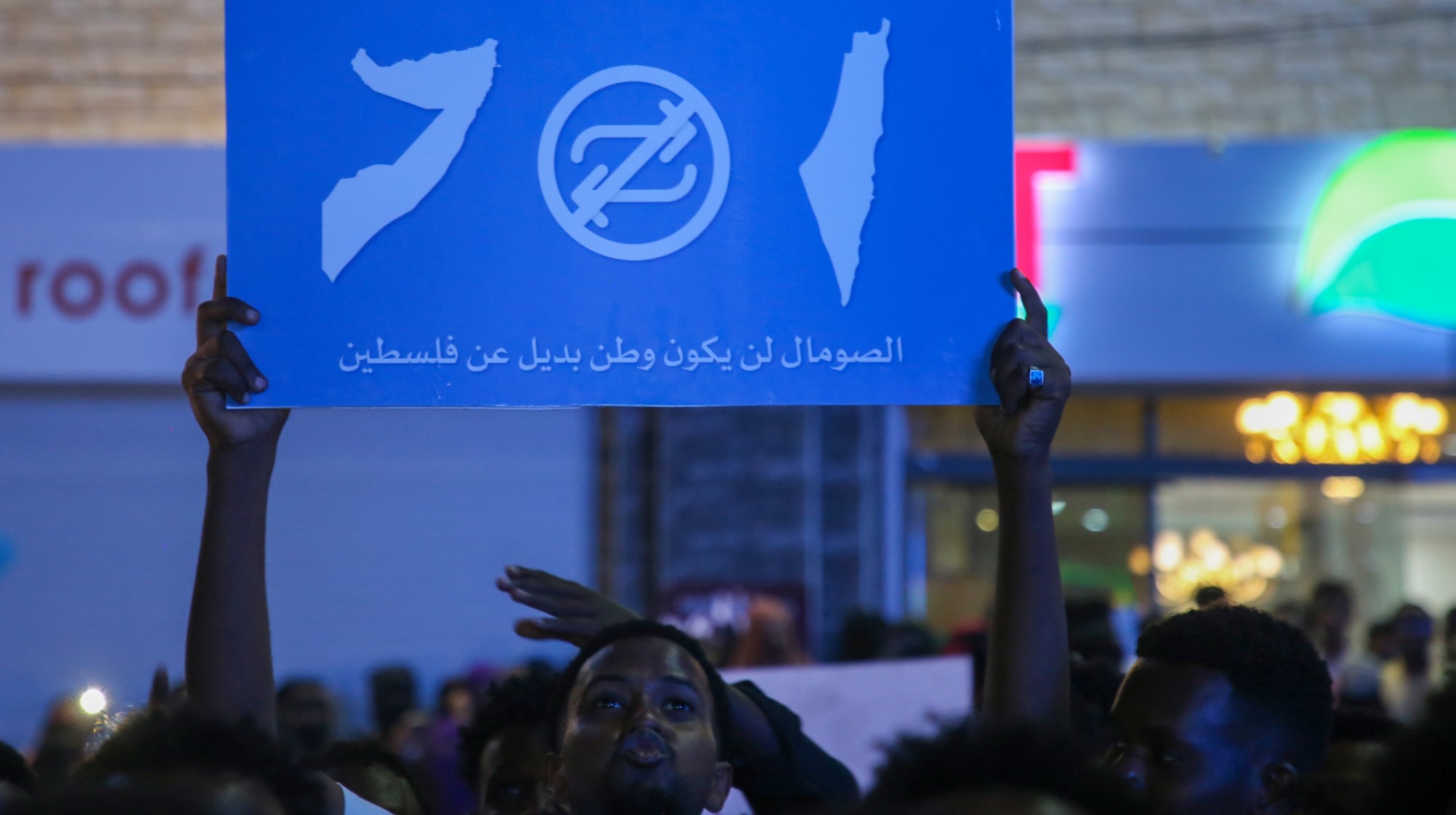 Why recognizing Somaliland is so risky for Israel
Why recognizing Somaliland is so risky for IsraelTHE EXPLAINER By wading into one of North Africa’s most fraught political schisms, the Netanyahu government risks further international isolation
-
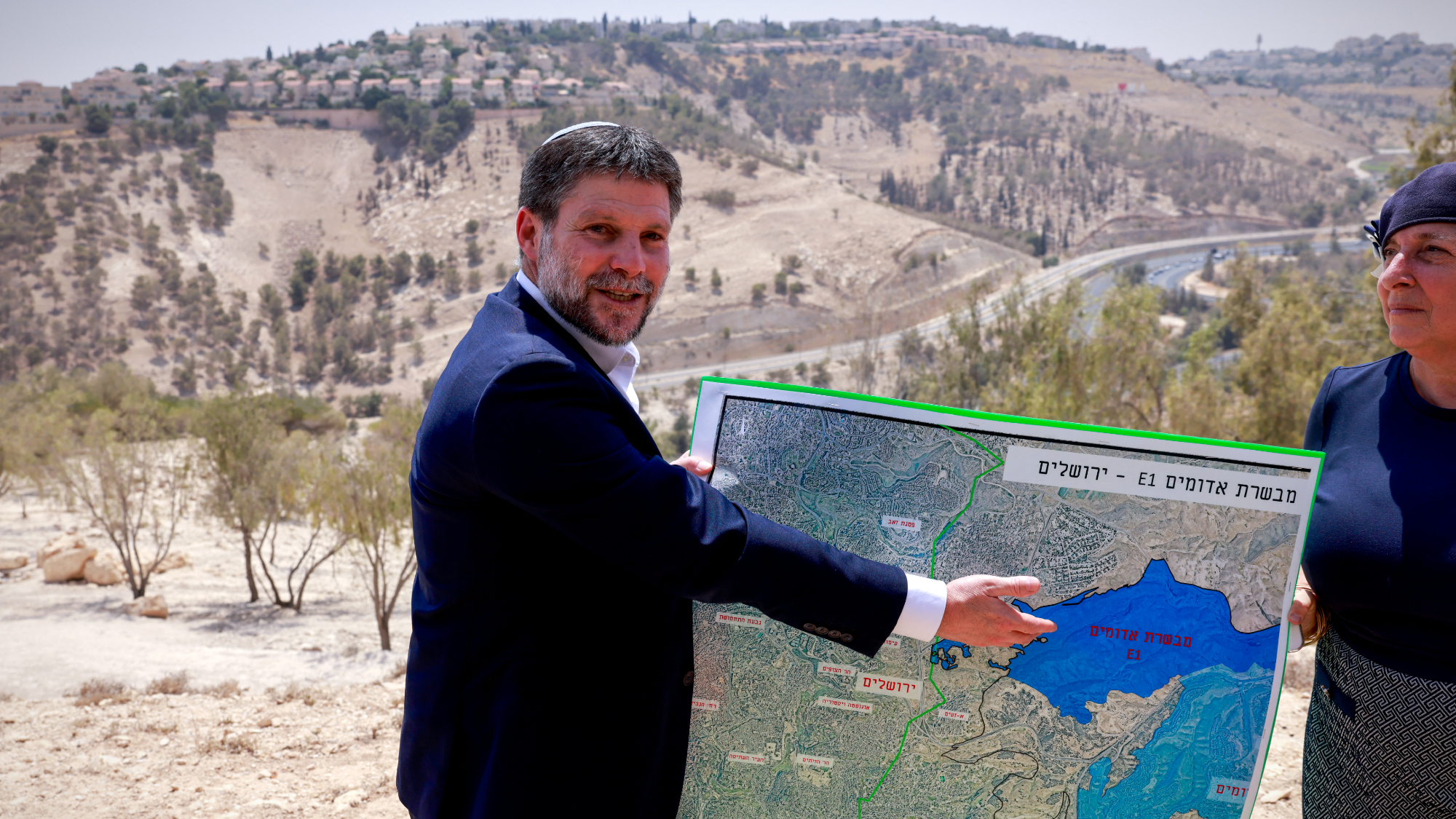 Israel approves new West Bank settlements
Israel approves new West Bank settlementsSpeed Read The ‘Israeli onslaught has all but vanquished a free Palestinian existence in the West Bank’
-
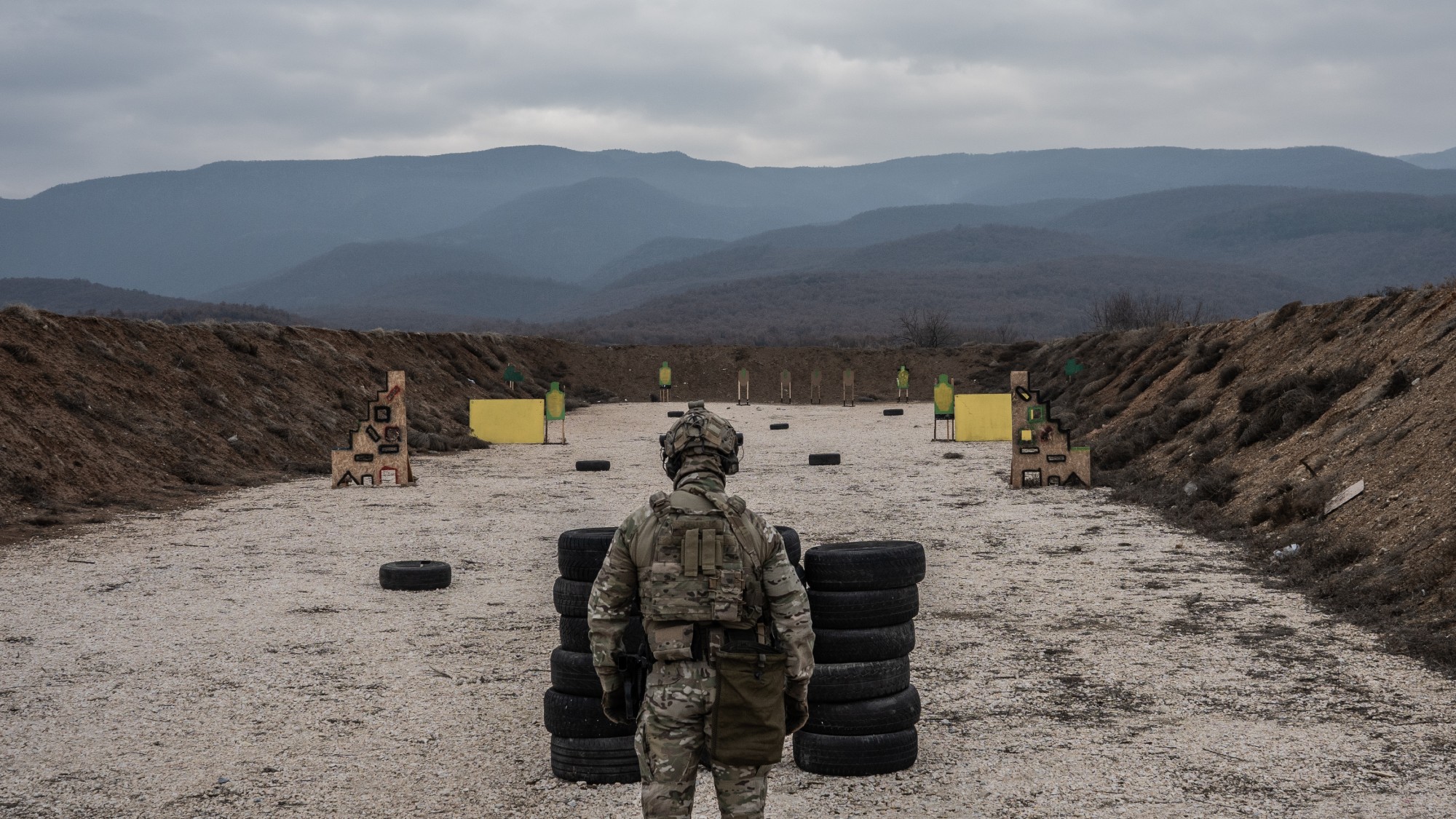 Is Europe finally taking the war to Russia?
Is Europe finally taking the war to Russia?Today's Big Question As Moscow’s drone buzzes and cyberattacks increase, European leaders are taking a more openly aggressive stance
-
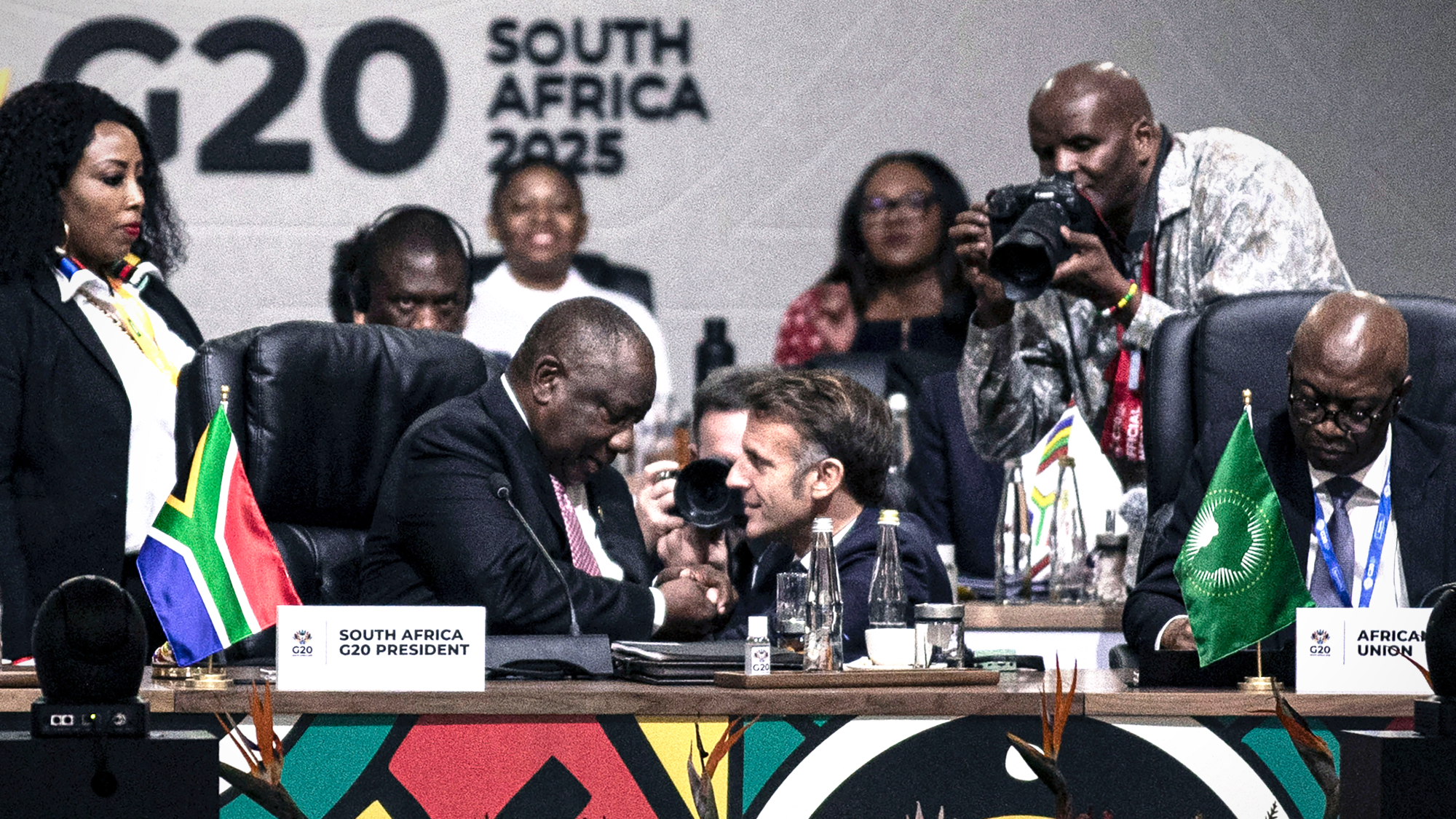 South Africa wraps up G20 summit boycotted by US
South Africa wraps up G20 summit boycotted by USSpeed Read Trump has been sparring with South Africa in recent months
-
 Americans traveling abroad face renewed criticism in the Trump era
Americans traveling abroad face renewed criticism in the Trump eraThe Explainer Some of Trump’s behavior has Americans being questioned
-
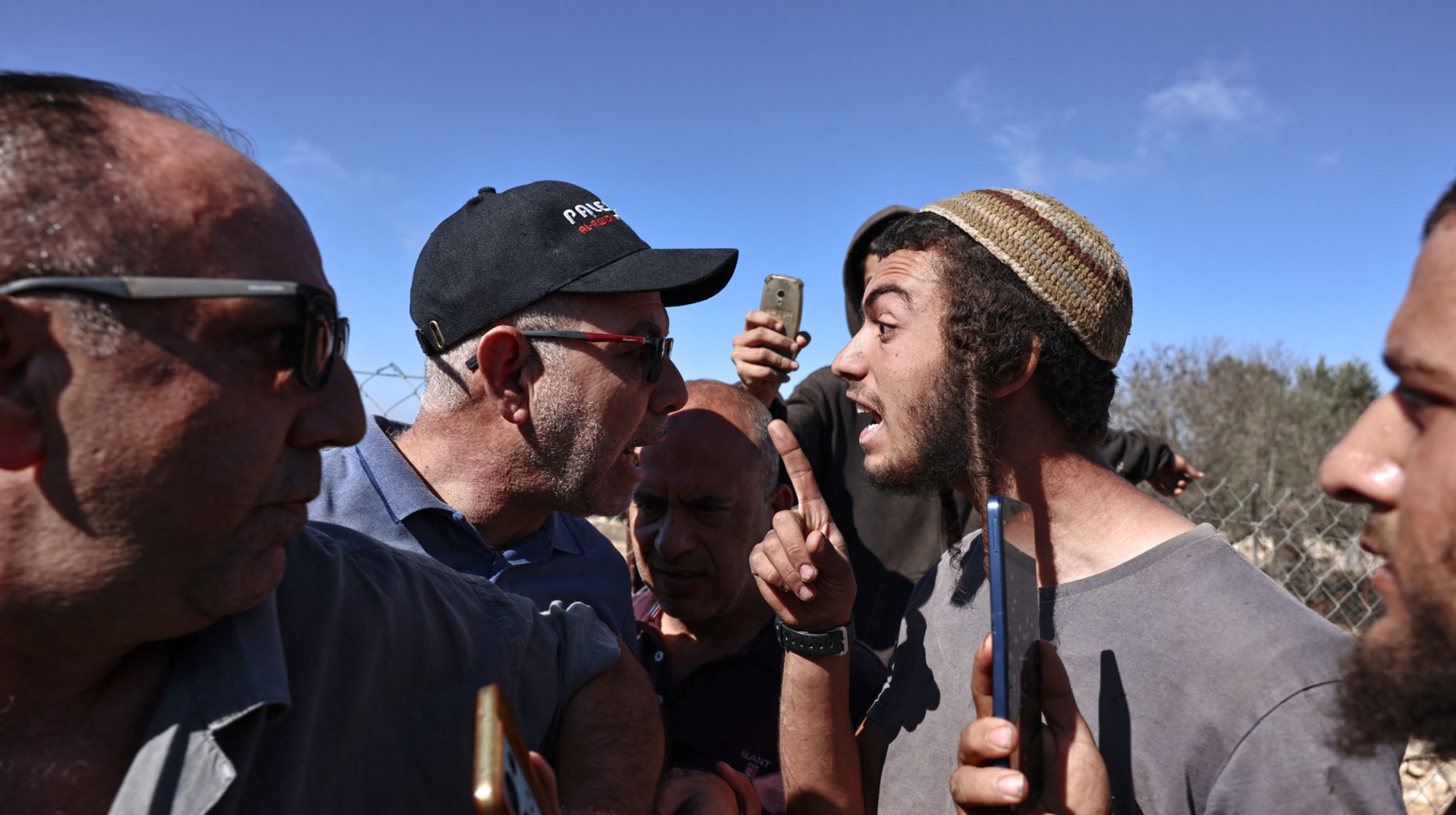 Israel jolted by ‘shocking’ settler violence
Israel jolted by ‘shocking’ settler violenceIN THE SPOTLIGHT A wave of brazen attacks on Palestinian communities in the West Bank has prompted a rare public outcry from Israeli officials
